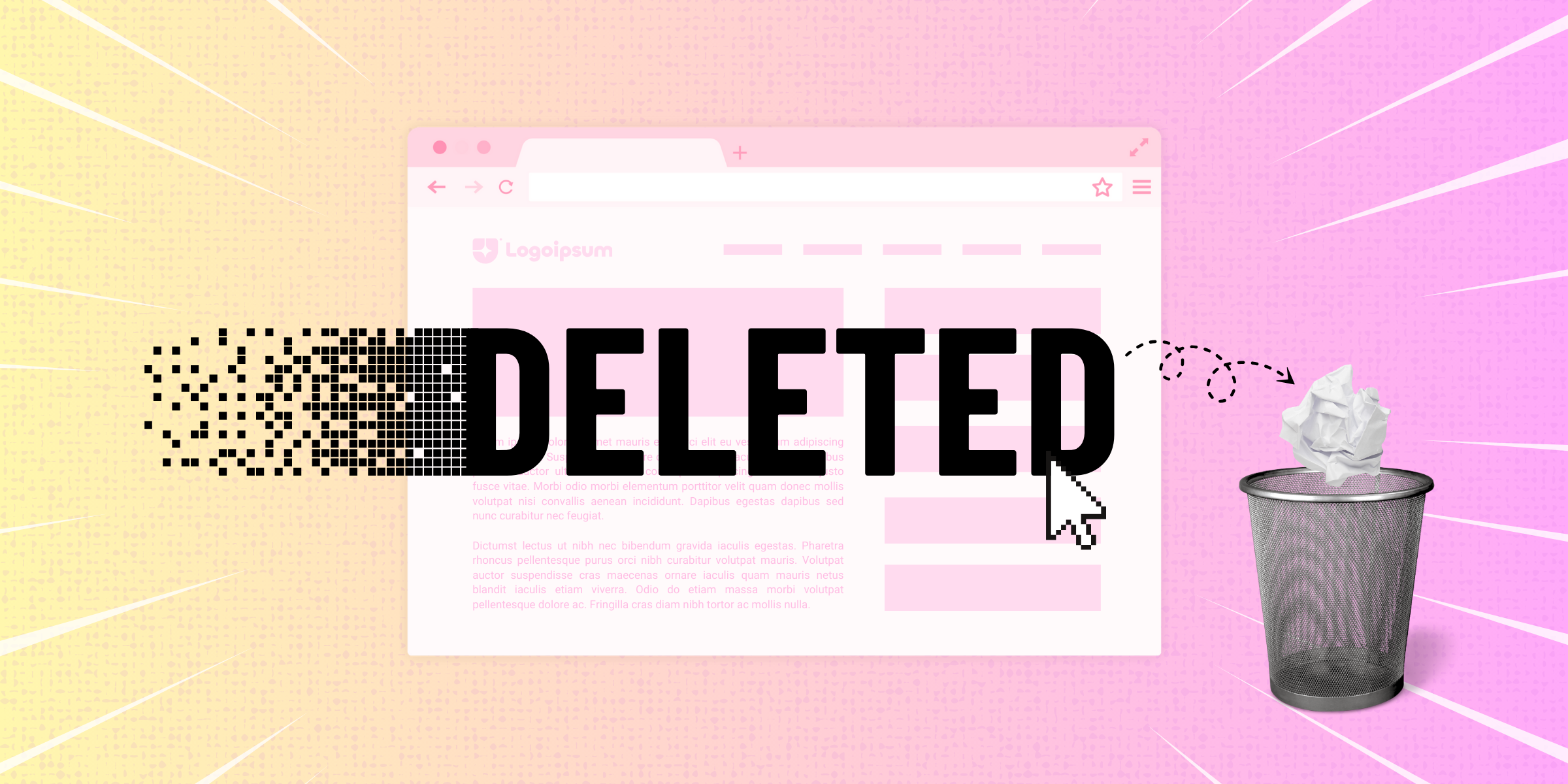What the end of Game Informer shows us about information (im)permanence
On August 2, 2024, Game Informer went dark. The 33-year-old gaming industry mainstay, one of the oldest publications on video games still in print and the biggest in the United States, was, overnight, no more. Even the website was scrubbed clean, replaced by a landing page with a farewell note.
Everything, including the publication's decades-long archive of reviews, announcements, and inside scoops, evaporated into the ether. A few days later, the Game Informer X/Twitter account followed suit, after an unknown staffer posted a heartfelt goodbye in response to the announcement by owner GameStop (yes, that GameStop), which had been met with widespread scorn.
On Wikipedia, Game Informer holds a place of honor as one of a select few publications deemed "generally reliable" for the video game industry. As of August 7, 2024, it is cited more than 6,400 times across the English version of the encyclopedia, almost exclusively in articles about games and gaming. Even with the official digital archive gone, its encyclopedic legacy lives on thanks to the efforts of dedicated gamers who have preserved its reporting via inclusion in the cyberspace halls of Wikipedia.
The Age of Impermanence
Sadly, Game Informer's story is not unique, nor is it the lone example this year. Since the World Wide Web began, bits of data, social media posts, and entire websites have been lost. Unlike physical media—books, newspapers, photographs, scrolls, etc.—that are susceptible to fire, flood, and earthquake, digital media is susceptible to the fire sale of corporations, floods of users moving to other platforms, and the seismic shifts of server migration. Massive amounts of Google Plus data were erased when the community was shuttered, MySpace lost some 50 million original works when it moved servers, and AOL shut down its music division that included the news blogs The Boot, Noisecreep, The Boombox, and Spinner. The first three were saved by Townsquare Media. Spinner wasn't so lucky.
Many media companies have private archives only occasionally digitally accessible by the public. It's significantly more common for this archival knowledge to be hidden behind fees, esoteric letter-writing processes, requirements for petitioners to be on-site, or to be entirely inaccessible except to those already in the fold. Until we achieve a Star Trek-like post-scarcity society, information on the internet will always be vulnerable to the ebb and flow of business.
When businesses no longer foot the bill for information storage, the nonprofit sector and government step in to answer the question, “Who’s going to pay for it?”—at least in part, the answer is: We will. State archives are funded by tax dollars. The Internet Archive is a 501c3 nonprofit funded by donations from philanthropic organizations and everyday users. To make all that information more accessible, millions of Wikipedia editors and contributors to its sister projects—also part of a 501c3, the Wikimedia Foundation—meticulously comb through it daily, organizing it on pages where every change, down to the smallest detail, is tracked for posterity.
The closure of Game Informer is yet another reminder of the impermanence of information in the 21st century. The Internet Archive has saved some 360,000 unique pages from the gameinformer.com URL, but it is unclear how complete that collection is. Soon after the Game Informer website was consigned to oblivion, people painstakingly scanned and uploaded each page of the physical magazine into a fully readable digital recreation on the Internet Archive. As of August 12, it appears to have nearly the entire collection, saving more than 320 issues of the magazine.
Filing away history
Copyright lawsuits threaten parts of the Internet Archive's library, which extends far beyond webpages into recordings and books, with an injunction in the latter case already leading to the removal of a half million titles and forcing the Archive to cease its lending program. This litigation could have huge implications for libraries and archives across the United States, making it that much more difficult to preserve our history and our knowledge.
If those lawsuits spread further into the Internet Archive's collection, the knock-on effects for Wikipedia could be massive, considering the millions of articles which today rely on the Internet Archive to verify their accuracy. This commitment to verifiability is one of the reasons why Wikipedia is among the most trusted information sources in the world—and the Internet Archive helps make that possible.
For the time being, the Internet Archive's collection of old Game Informer web articles and magazine issues is still accessible. Someday, a benefactor might come along and breathe life into one of the old guards of gaming. Until then, we'll work our keyboards and our joysticks with a little less knowledge than we had before.
Want to preserve YOUR legacy through Wikipedia and ensure the most accurate information is on the world's largest encyclopedia? Contact us at hello@beutlerink.com and we’ll get our team on the case.

